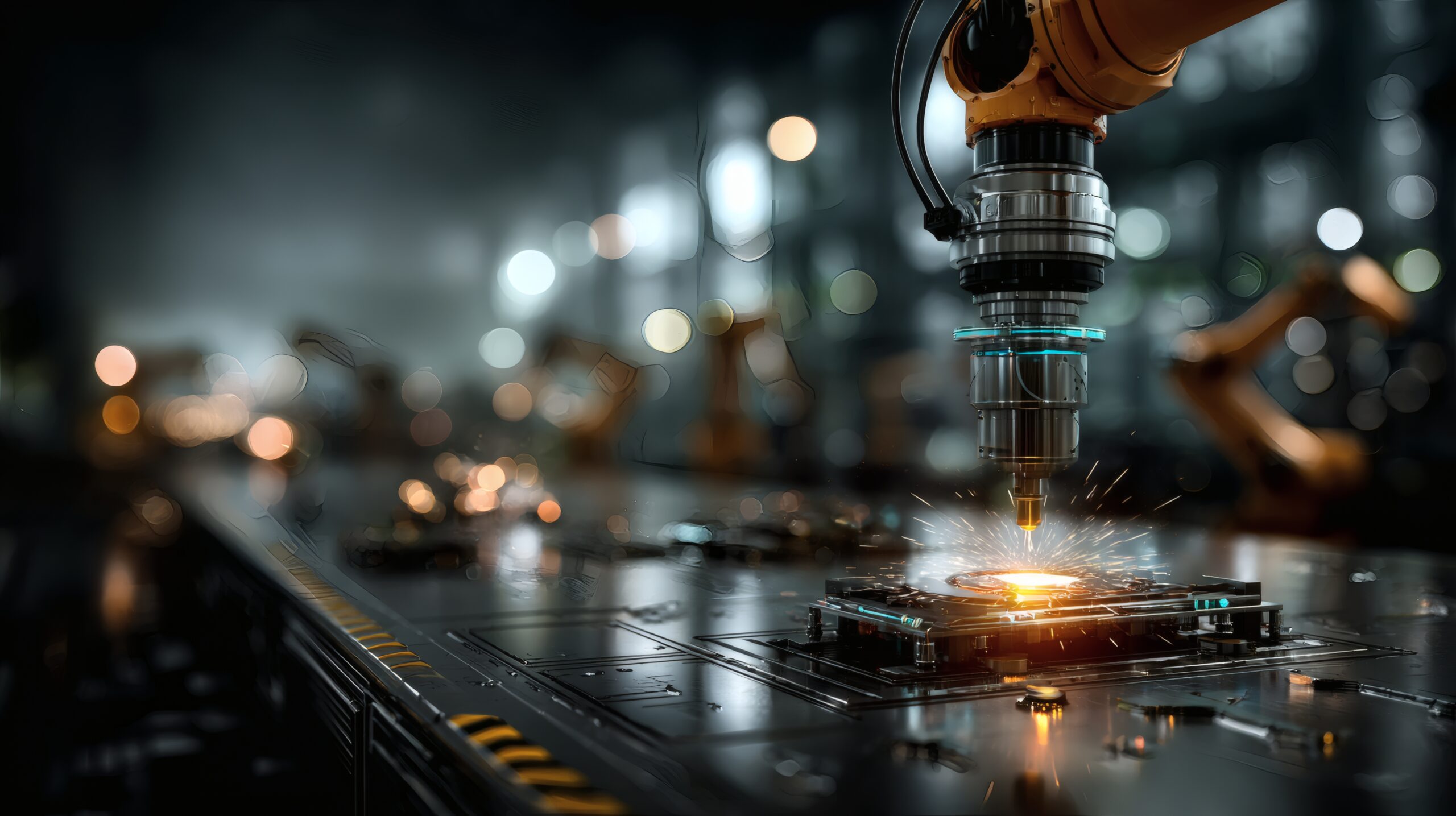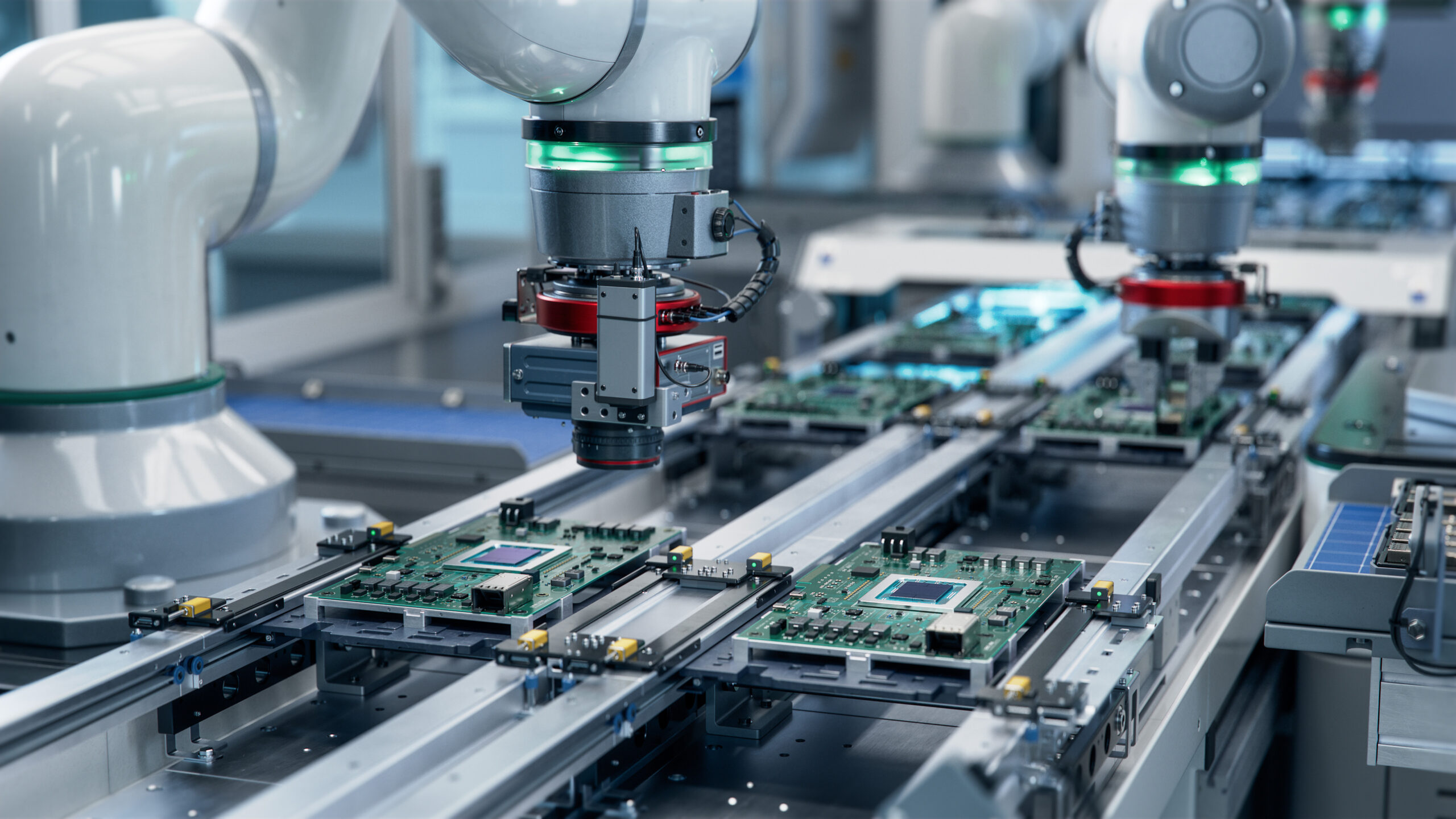
AI-generated summary
The integration of artificial intelligence (AI) into the legal system can be approached in two ways: applying existing laws to regulate AI technologies or leveraging AI to transform legal processes. While legal systems have traditionally been resistant to technological changes, the IT revolution of the 20th century has prompted a shift. Legal services are not only digitalizing but also evolving to incorporate legal knowledge with technological methodologies, including AI. This evolution is significantly impacting how laws are administered and justice is delivered.
Legal reasoning is fundamentally algorithmic, relying on hierarchical structures of legal concepts from low-level to high-level principles. Because of this, AI and machine learning are well-suited to assist or even regulate legal processes by efficiently learning, storing, and applying legal information. AI’s potential applications extend into law enforcement, where predictive algorithms are used in many U.S. police stations to allocate resources and prevent crimes. However, this use raises ethical concerns, especially regarding racial biases, as such systems have been shown to disproportionately label people of color as higher criminal risks, highlighting the need for careful and fair implementation of AI in legal contexts.
This field has two aspects: apply law to artificial intelligence or apply artificial intelligence to law
How can AI create a legal system based on technology? We can address this from two perspectives: applying the Law to Artificial Intelligence (with boring regulations such as GDPR) or applying AI to the Law.
Traditionally, legal systems have resisted technological change, but in the 20th century, the IT revolution has posed a new challenge for legal services: not only services have become digitalized, but also there is a need to build systems that combine legal knowledge with technological methodologies and processes and, why not, with AI. This is dramatically changing the legal system and even the administration of justice.
Legal reasoning is, in essence, a naturally algorithmic process, and we trust the legal technology industry enough, then we could regulate it entirely. The Law has strategies to learn, store and retain information. Legal concepts are stored hierarchically in a similar way: low-level concepts are subject to high-level ones. This is why artificial intelligence and machine learning can be applied in this area and dramatically change it.
Our expert Lauren Dyson addresses AI applications in police work. “Most of the police stations in the US use predictive algorithms to decide where police officers should be sent in order to prevent as many criminal offenses as possible,” she says. This issue is controversial since it has been proven that these systems are detrimental to people of color, to whom are attributed a higher criminal risk.

Leverhulme Fellow and Lecturer at University of Cambridge


